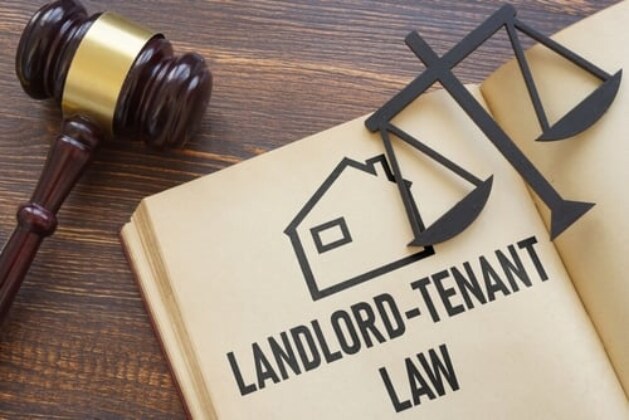Housing rentals are expected to become more equitable and transparent for both landlords and tenants by 2025. With the new rules in place, tenants and landlords should understand their rights and responsibilities, which will benefit both parties. Important goals are anticipated, such as reducing disagreements, standardizing contracts, and a more balanced rental market. Here, you’ll find everything you need to know about the updated housing rental regulations, both for tenants looking for a new home and for landlords looking to rent.
Standardised Rental Agreements
All rental agreements must comply with the government-prescribed format, which did not exist before. Terms such as security deposits, maintenance, rent increases, and others will be clarified with the new rental agreements. Both parties must register the agreement online, which increases its legal validity, protects against fraud, and fosters trust.
Security Deposit Limits
Moving to a new home and relocating will be easier, as landlords can now require a maximum of two months’ rent as a security deposit. This new rule also seeks to ease the financial burden on tenants.
Changes to Rent Increases
Landlords’ ability to increase rent has undergone some limitations. The 2025 updates stipulate that increases can only occur once a year, with 90 days’ notice. The percentage increase must meet reasonable standards and be aligned with inflation rates.
Implementation of the Model Tenancies Act (MTA)
The Model Tenancies Act, introduced by the central government, will be adopted by more states in 2025, with an emphasis on:
- Clear leases
- Fair dispute resolution
- Balance between rights and obligations
According to the MTA:
- Tenants cannot be evicted during the lease term without legal cause.
- Landlords must provide at least three months’ notice of any rent increase.
- Both parties must register the lease on a rental authority portal (online in most states).
Security Deposit Limit
In 2025, many states limited the security deposit to a maximum of two months’ rent for residential properties (previously 6 to 11 months in some cities).
Faster Dispute Resolution
Special tenancy tribunals will be established to address disputes between landlords and tenants. These courts have established 60-day deadlines to resolve common disputes, such as eviction proceedings, deposit disputes, and property damage claims. Tenants’ Rights and Responsibilities
Tenants will have greater protection against eviction, but they must also take care of their property. Landlords cannot evict tenants without reasonable cause and adequate notice. However, tenants must also assume some responsibilities, such as minor repairs, routine maintenance, and rent payments.
Digital Payment Mandate
Regarding payment methods, all transactions over ₹5,000 must be completed digitally. This provides a clear record for both parties regarding financial transactions, which is beneficial during tax season.
Key Tips for Tenants and Landlords
- Always use the standardized rental agreement format.
- Keep in mind the updated limits for security deposits.
- Comply with the stipulations regarding legally permitted rent increases.
- Keep digital records of all transactions.
- Know your rights regarding eviction notices.
The updated Residential Rental Regulations for 2025 mark a significant step toward an organized framework for renting and leasing in India. If these regulations are followed, tenants will benefit considerably in terms of legal stability and predictability, while landlords would appreciate more defined legal limits. Make sure to stay up to date to make renting easier next year.




Leave a comment